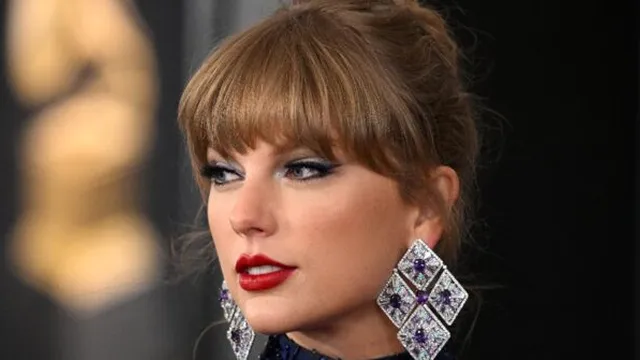
Taylor Swift reclaims her entire music catalog after years of dispute
2025-06-03 08:42- Swift announced on May 30, 2025, that she has purchased her entire music catalog back from Shamrock Capital.
- This acquisition includes the master recordings of her first six studio albums, which were previously sold without her consent.
- Her ongoing advocacy for artist rights and ownership has inspired a broader conversation in the music industry.
Express your sentiment!
Insights
On May 30, 2025, Taylor Swift revealed that she has fully regained ownership of her entire music catalog, including the master recordings of her first six albums. This purchase comes after a lengthy battle that began when her former label's rights were sold without her consent to Scooter Braun in 2019, which she described as her 'worst case scenario.' After Braun's company sold her masters to Shamrock Capital, Swift embarked on a mission to re-record her albums. She has successfully released several 'Taylor's Version' albums, which include previously unreleased songs known as 'vault tracks.' In her letter announcing the acquisition, she expressed gratitude to her fans and highlighted the importance of artist ownership and rights in the industry. The journey of reclaiming her catalog over the past six years has sparked conversations around artist rights and ownership, encouraging newer artists to negotiate ownership of their work in their contracts. Swift's endeavor not only serves as a personal milestone but also sheds light on significant topics within the music industry, such as the treatment of artists and their creative output, demonstrating the power of fan support in enabling her to regain her life's work.
Contexts
The impact of Taylor Swift's re-recordings on the music industry has been profound, reshaping both artist rights and the mechanics of music ownership. As Swift sought to regain control over her early catalog following disputes with her former label, her decision to re-record her albums served as both a personal reclamation and a strategic move to influence industry standards. Swift's initiative has sparked important discussions regarding rights management, artist autonomy, and the financial implications of music ownership in an era heavily dominated by streaming. Her efforts have demonstrated a significant shift in how artists can leverage their work to negotiate better terms in their contracts, encouraging fellow musicians to advocate for their own rights and assert their authority over their creative outputs. Moreover, the commercial success of Swift's re-recorded albums highlights a unique market response. Fans have shown overwhelming support for her re-recordings, driving substantial sales and streaming numbers that have proven that artist loyalty can translate into substantial economic benefits. The phenomenon underscores the significance of artist-fan relationships and how ownership of music can affect consumer behavior. This has prompted other artists to consider similar paths, potentially changing the traditional workflow of album release strategies and prompting record labels to adapt their business models to accommodate or respond to these new dynamics. The cultural implications of Swift's re-recordings extend beyond her own career; they reflect a broader movement within the music industry. The trend has brought attention to the importance of music rights, urging artists, performers, and industry stakeholders to reevaluate practices that have historically favored record labels over creators. Her actions have further inspired discussions regarding the legal frameworks surrounding copyright and ownership in the music industry, highlighting the need for reform that better supports artists in the digital age where exploitation can occur through both legal loopholes and industry practices. Ultimately, Taylor Swift's re-recordings represent a significant milestone in the evolution of music rights and ownership. By reclaiming her narrative and challenging the status quo, she has empowered a new generation of artists to take control of their work and redefined how success is measured in the music industry. The impact of her actions will likely reverberate for years to come, prompting both creators and consumers to rethink the value of music and the rights associated with it.